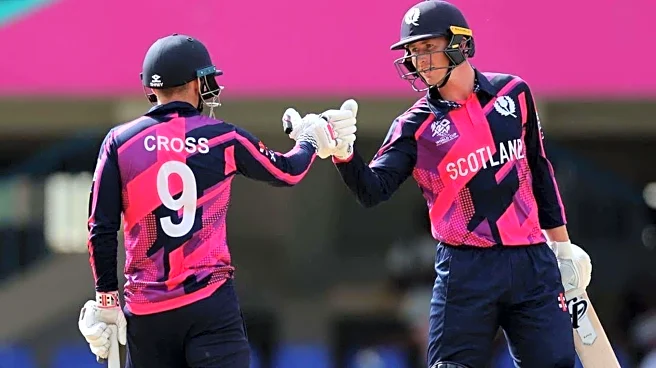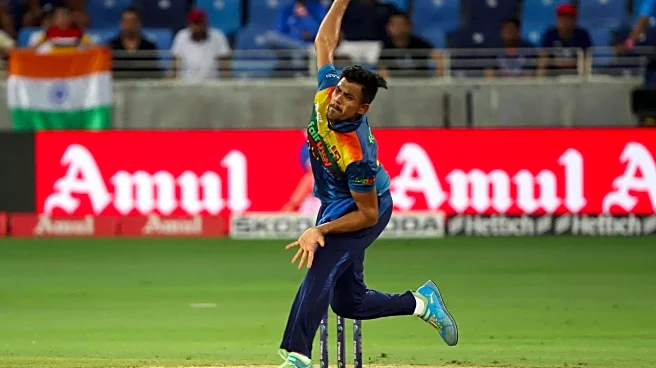Rishab Shetty’s Kantara Chapter 1 is one of the biggest hits of 2025. The film was also praised by fans and critics, which reflected in its mammoth business. This grand prequel to the 2022 blockbuster Kantara has already grossed over Rs 596 crore worldwide and is fast inching toward the Rs 600 crore mark. However, the recent announcement that the film will hit OTT platforms sooner than anyone expected has confused many, because the film is still running successfully in many theatres all over the country.While some fans are excited to revisit the mystical world of Kantara from the comfort of their homes, industry insiders are divided over whether the film’s OTT release is arriving too early.The film, produced by Hombale Films, will begin streaming
on Prime Video from October 31, just four weeks after its theatrical release. It will be available in Kannada, Tamil, Telugu, and Malayalam, while the Hindi version will arrive later. The move has raised eyebrows, especially since the theatrical run of Kantara Chapter 1 is still strong across multiple regions. Trade experts spoke exclusively to Zoom about the strategy and whether it could impact the film’s box office prospects.
Kantara Chapter 1 Hindi version to arrive after 8 weeks!
Trade analyst
Taran Adarsh clarified the distinction between the OTT release timelines for the South and Hindi versions, calling the latter’s decision 'the right strategy.' He said, “Let me put this on record. Only the South versions are releasing on OTT, the Hindi version is coming after 8 weeks. The South versions are coming after 4 weeks while the Hindi version is coming after 8 weeks after its theatrical release, which is the right strategy."He added, "As far as the South versions are concerned, it can be best answered by the producers as to why 4 weeks, I guess its a norm. But
Kantara Chapter 1 is doing so well and for Hindi version, 8 weeks is the best window."This strategy can be good for the film because the Hindi market tends to benefit from a longer theatrical exclusivity window, especially for big-ticket films.
Why is there a difference in OTT release dates?
Film exhibitor
Akkshay Rathie added that such arrangements are often pre-determined, especially for regional versions. These deals, he explained, are made long before a film’s theatrical release."A lot of films, especially in Southern languages, have these deals made well in advance, before the theatrical release for the South language versions. And those are deals that they have to stick by irrespective of whether the film succeeds theatrically or not. In Hindi, there's an arrangement between the exhibitors and producers, that an 8 week window will be followed. This is the way deals are structured well before theatrical release happens."
This sheds light on how the business side of cinema, even before filming starts, often determines when a film reaches OTT, not necessarily its box office performance. With
Kantara Chapter 1’s unprecedented success, many believe that an extended theatrical run could have maximised its revenue and footfalls even further.
ALSO READ: Kantara Chapter 1 OTT Release: Makers Call It 'Obligation' Amid Social Media Debate Over Short OTT Release Window
Could Kantara Chapter 1 have benefitted more with longer theatrical run?
Echoing this sentiment, trade analyst
Ramesh Bala expressed concern that the early OTT release might affect the film’s theatrical collections. He tells
Zoom, "Only the south languages versions are releasing early.. Hindi is releasing after 8 weeks only.. This is due to an agreement signed 3 years ago.. Producers could have renegotiated the agreement... This will affect the Box office."This point raises an interesting question - could the producers have revisited their deal with the streaming platform given the film’s exceptional performance? While streaming releases give the project global reach and renewed buzz, they can also shorten a film’s box office lifespan, especially when audiences know it will soon be available online. While Hindi audiences will still flock to theatres, an OTT release might significantly slow down business in Southern states.If the producers are confident about their films, especially the ones with massive budget or projects which are remakes of successful movies, a very early OTT deal with a short theatrical window might not be an extremely beneficial idea going forward.

/images/ppid_a911dc6a-image-176173905946677852.webp)



/images/ppid_a911dc6a-image-177057660419574367.webp)
/images/ppid_a911dc6a-image-177057656462481724.webp)







/images/ppid_a911dc6a-image-177057403153775600.webp)
/images/ppid_a911dc6a-image-177057307908474082.webp)
/images/ppid_a911dc6a-image-177057304416814697.webp)